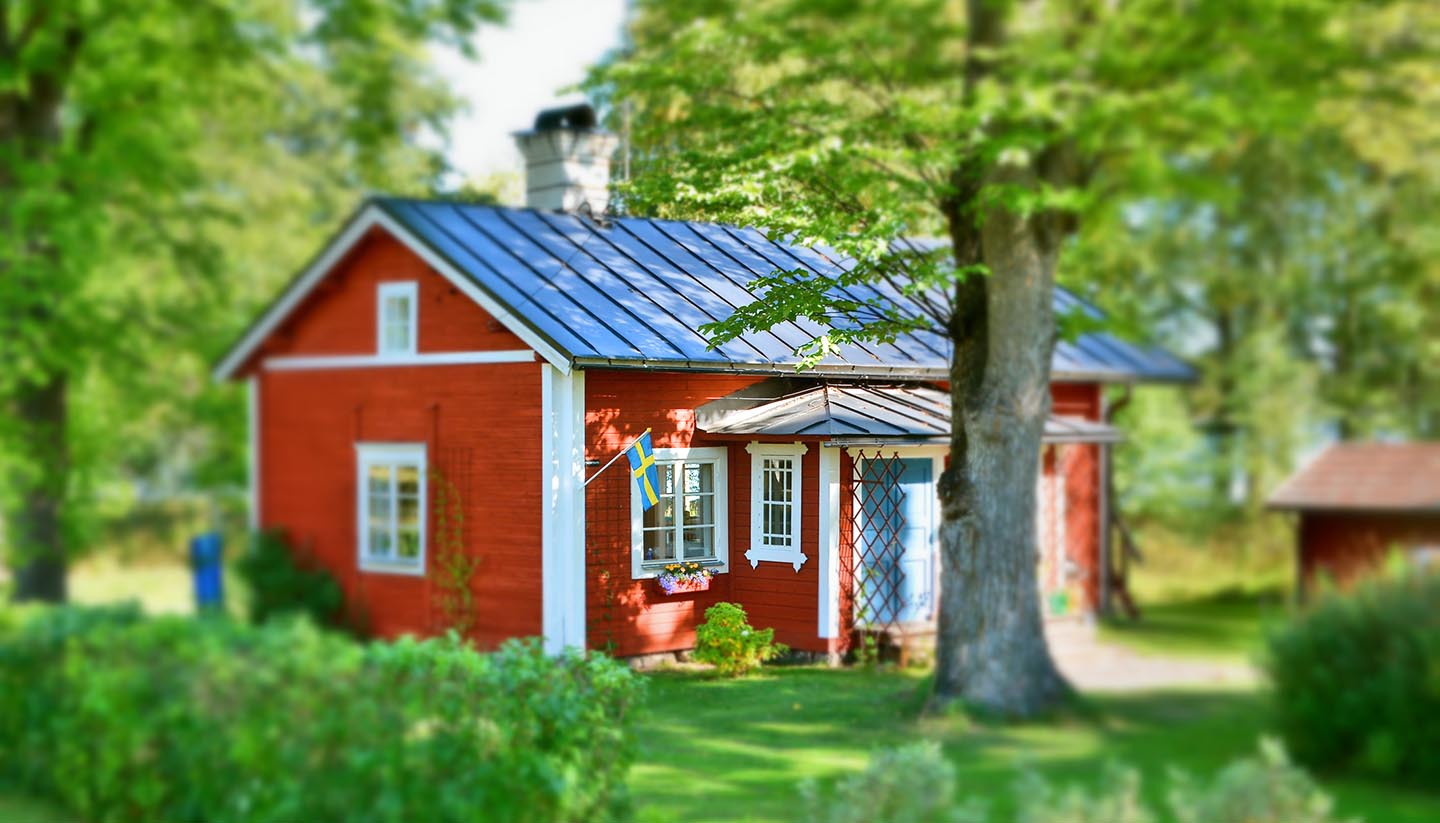Sweden Food and Drink
While Swedish food isn’t known for its sophistication, it does have a simple, wholesome charm all of its own. Locally produced and organic ingredients take pride of place in the kitchen and wild food such as mushrooms, blueberries and cloudberries crop up seasonally. A long coastline and numerous freshwater lakes mean fish is a staple part of the diet along with meat and root vegetables.
Rest assured, travellers will find the meatballs so beloved of the ubiquitous flat pack homewares brand are considerably better in Sweden than in the store canteen. From every day Swedish cuisine, or husmanskost, ärtsoppape (pea soup) is a staple and a heart-warming choice on cold winter days, particularly when followed by pancakes doused in Swedish punch – a very sweet (and very strong) local liqueur.
Waiter service is common although there are many self-service snack bars.
Specialities
Smörgåsbord: The classic Scandinavian cold table includes a starter of pickled herring with boiled potatoes followed by smoked salmon or anchovies, cold meats, pâté, sliced beef, stuffed veal or smoked reindeer.
Jansson’s temptation: Sliced herring, potatoes and onions baked in cream.
Köttbullar: Small meatballs.
Rotmos med flask: Pork with potatoes and rutabaga, a root vegetable like turnip.
Pyttipanna: A bubble and squeak-style blend of fried diced meat with potatoes and onion, usually served with a fried egg and sliced pickled beetroot.
Gravlax: Salmon that has been specially prepared and marinated).
Ostkaka: Swedish cheesecake.
Akvavit: A Scandinavian spirit traditionally drunk chilled with smörgåsbord. Flavours vary from practically tasteless to sweetly spiced.
Things to know
Service in restaurants is not generally included in the bill; around 10% is usually expected.
Tipping
You must be at least 20 to buy alcohol in shops; 18 in bars, restaurants and nightclubs.




